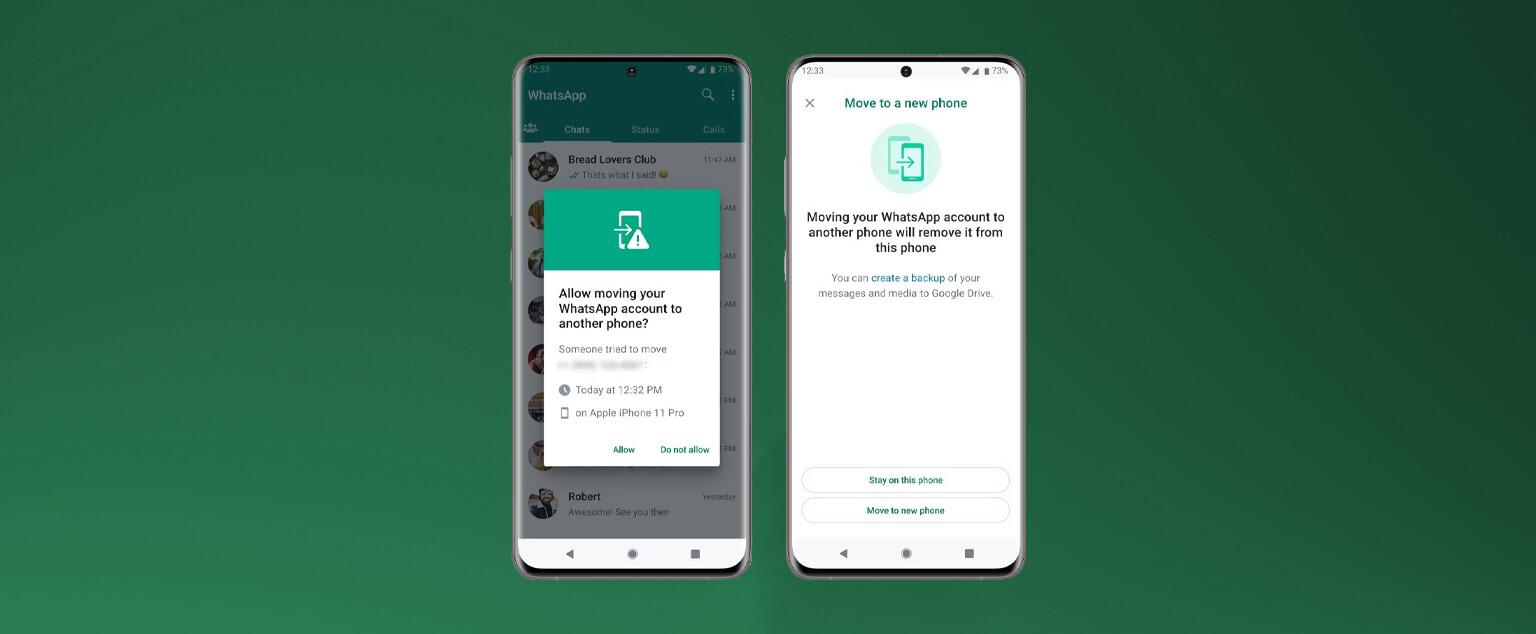Online security measures, or the lack thereof, can have an impact on your SEO rankings. Here are three ways that the security of your website may be affecting your SEO.
People’s internet usage has become more sophisticated over time. Humanity’s harnessing of the online world, like anything else, has followed a natural progression: when a new problem arises, solutions are tested until the right one is found. It is then put into action, and people move on to a better place than they were before. Some may believe they can always tell if they are safe online. Simply install a firewall, avoid providing personal information to shady websites, and use unique passwords; all of this has been said before.
However, computer hackers exist. They are much smarter than the average online user and are out to harm websites and people. Their skill is such that no one would realize their personal information was in jeopardy until it was too late. You must take website security very seriously. This is not only because it is prudent in general, but also because online security measures, or the lack thereof, have a direct impact on your SEO rankings.
If you have been optimizing a website’s technical SEO and want to move into the security realm, know that it is relatively simple. Let’s take a look at some of the ways your website’s security could be affecting your SEO.
HTTPS Is an important ranking factor
Any digital marketer understands that a website’s organic search rankings must be earned. It’s easy to get caught up in the mindset of determining what Google “wants” to see in a high-quality website, and there’s nothing wrong with that to some extent.
However, your ultimate goal as an SEO is not to please Google. Its goal is to please users by providing them with what they want and need. While this always entails providing users with relevant, authoritative content, it also entails providing them with results that are almost always safe to interact with. It all boils down to this: An unsecure website endangers users’ online safety and may jeopardize your SEO efforts.
To secure data on your website and demonstrate to users that you have done so, you must use the HTTPS domain distinction. This requires the purchase of an SSL certificate. Many top websites now use HTTPS, and if you don’t, you risk appearing out-of-date and uninformed. This is why Google made HTTPS a ranking factor several years ago. If you’re investing in other aspects of SEO, there’s no reason why you shouldn’t also invest in this. Moving to HTTPS may not immediately boost your ranking in the SERPs, but there are more than enough reasons to do so.
Beware of getting blacklisted from Search Engines
Having a website with poor security does not imply that you are malicious. However, the lack of security on your site puts you at great risk from hackers. You and your team put in a lot of time and effort to perfect your SEO. You should protect what is yours, no matter how long you’ve had your site or how much content is on it. Nobody wants to learn that their hard work has been tampered with. If you don’t have any methods in place to keep your website secure, you’re putting everything you own at risk.
SEO is a primary reason for many website hackings, which may surprise you. If you’ve done any link building, you know how important it is to collaborate with reputable websites.
Without protection, your website could be hacked in order for someone to place links on it. This is something you might not notice until it’s too late. If you’re being hacked for link building, you can bet they’re linking to places you don’t want associated with your website.
Search engines will detect this spam and may blacklist your website. Security safeguards the integrity of your website, preventing you from being penalized as a result of hackers. Even if you clean up your site after being blacklisted, it may take some time to return to your previous ranking position.
Users must see that you are trustworthy
Many people who visit your site will be looking for red flags that it isn’t secure. If they see that your URL does not include HTTPS, they may leave immediately. However, if they receive direct notifications that it is not secure, it is almost certain that they will leave as soon as they arrived.
If your website has a high bounce rate, it could be due to a lack of security. And, yes, you can go fix the problem, but keep in mind that many people have already had a negative experience with your website. It takes time to regain credibility.
Improve this by ensuring that users leave your site satisfied with their experience. This is the foundation of good SEO. You’ve spent a lot of time and thought into improving your website’s overall SEO; why not put the same effort into showing users that you value their security when they visit your site?
Conclusion
Even if you can’t see the immediate financial benefit of securing your website, believe that it will make a significant difference in your SEO in the long run. Any small SEO improvement is fantastic if you can achieve it. Given that user experience is your number one priority as a digital marketer, consider this variation of the golden rule: how would you feel if you visited an ecommerce website, went to enter your credit card information, and discovered the domain was nothing more than HTTP? If this scenario appears eerie to you, make certain that it does not occur to anyone who visits your website.



